Picture the famous picture of Josephine Baker rocking her flapper curls and elegantly thin eyebrows. Reminisce about soulful Billie Holiday belting out her emotions in a vintage microphone. There are also hundreds of lesser-known black beauty icons who have played a significant role in shaping the American standard of beauty and influencing current hair and makeup trends.
Many of these women emerged onto the Hollywood scene during the challenging 1930s and 1940s, a time when it was extremely tough for women of color to secure roles that went beyond racist stereotypes. Despite facing immense challenges, these talented black beauty icons managed to express themselves and create art.
Challenging Norms for Beautiful Women
Representation matters, especially in the beauty industry. For too long, the dominant narratives and standards of beauty have been narrow and exclusive, leaving countless individuals feeling underrepresented and undervalued. When we see people of color reflected in media, fashion and popular culture, it has a powerful impact on our self-esteem and sense of belonging.
For Black women and girls, the lack of representation in the beauty industry has contributed to unnecessary internalization of Eurocentric beauty standards. However, the rise of influential Black beauty icons is challenging these norms and empowering communities to redefine what it means to be beautiful. These trailblazers are using their platforms to celebrate diversity, promote self-love, and inspire others to embrace their natural features and unique identities.
Billie Holiday
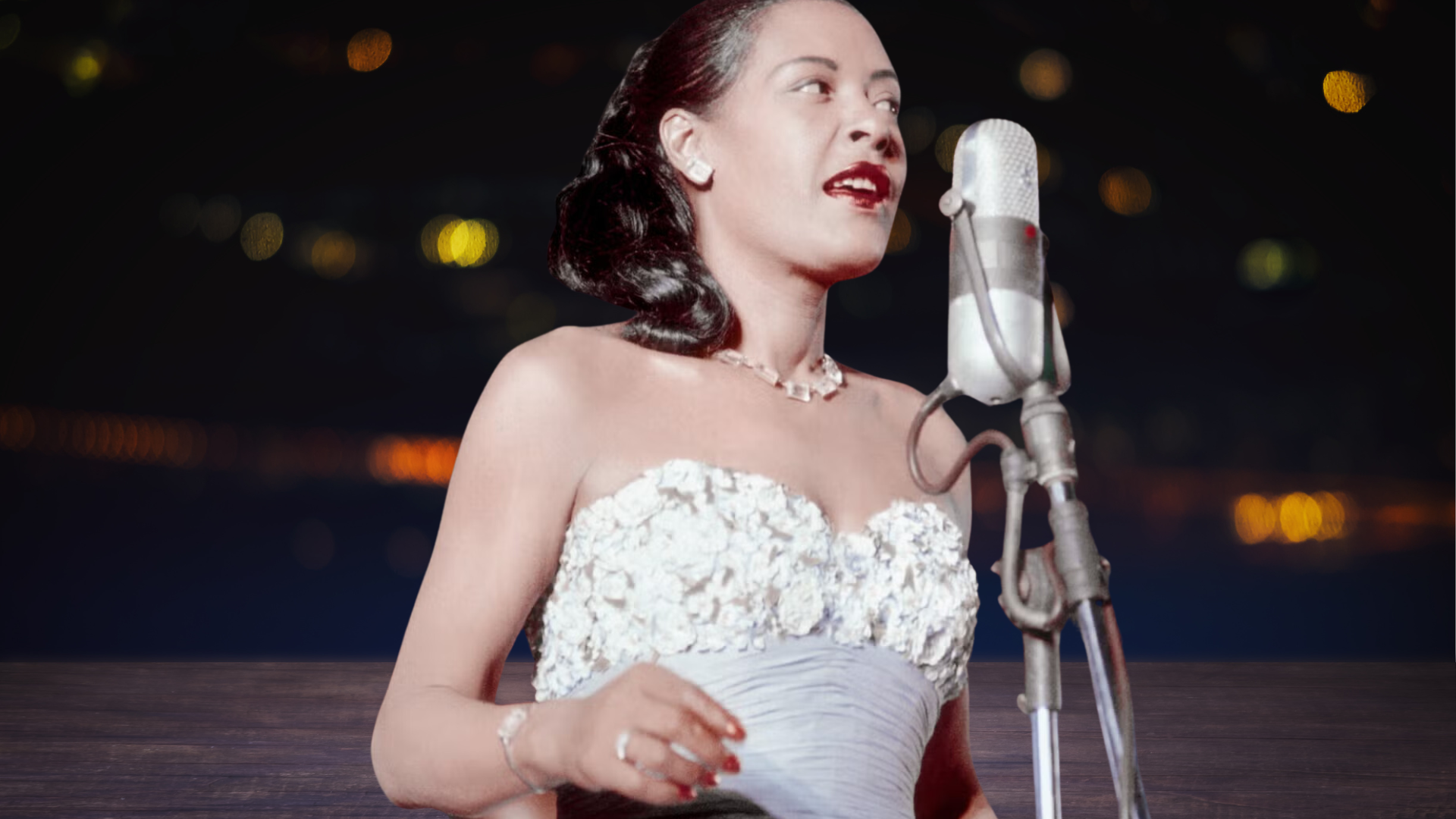
This queen once made quite the entrance at a police station. After her arrest, she showed up wearing a mink coat and sunglasses. This alone proves that she definitely had ambition for making a statement with her style. Her hair decorated with gardenias, elegant off-the-shoulder silk dresses and sparkling jewelry, Holiday bravely confronted and resisted the severe racism of the 1930s, ’40s and ’50s.
Iman
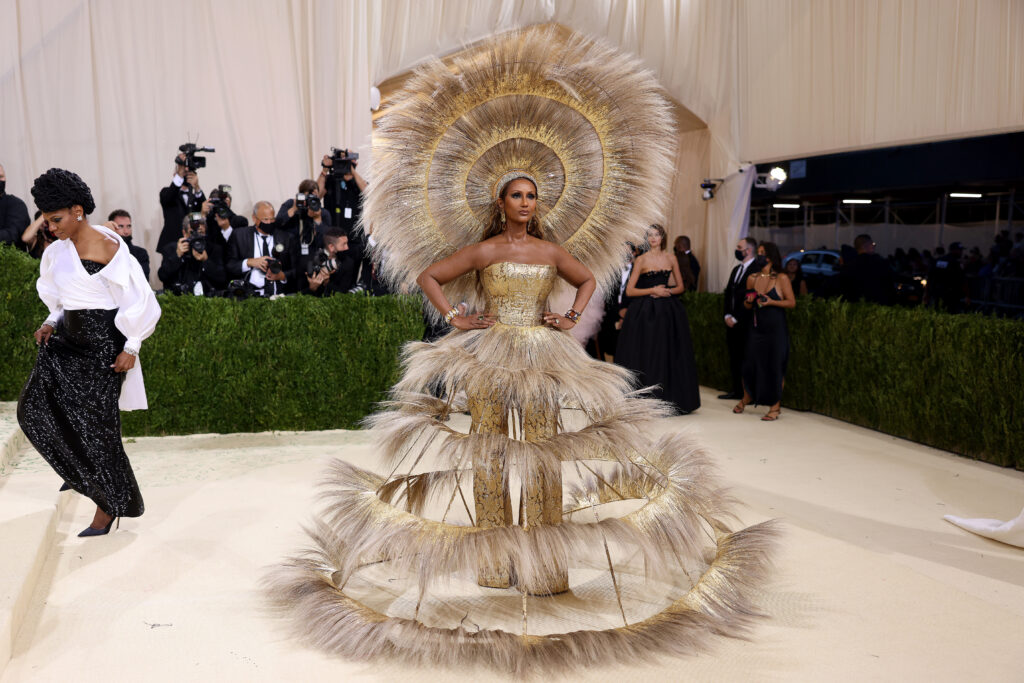
The renowned Somali model saved the day for makeup lovers everywhere by establishing Iman Cosmetics in 1994. Having spent years creating custom shades for her modeling gigs, she understood exactly what black women were looking for with foundation, lipstick and eyeshadows. Nearly two decades on, Iman, both the brand and the black beauty icon behind it, continue to be staples in the beauty industry.
Josephine Baker
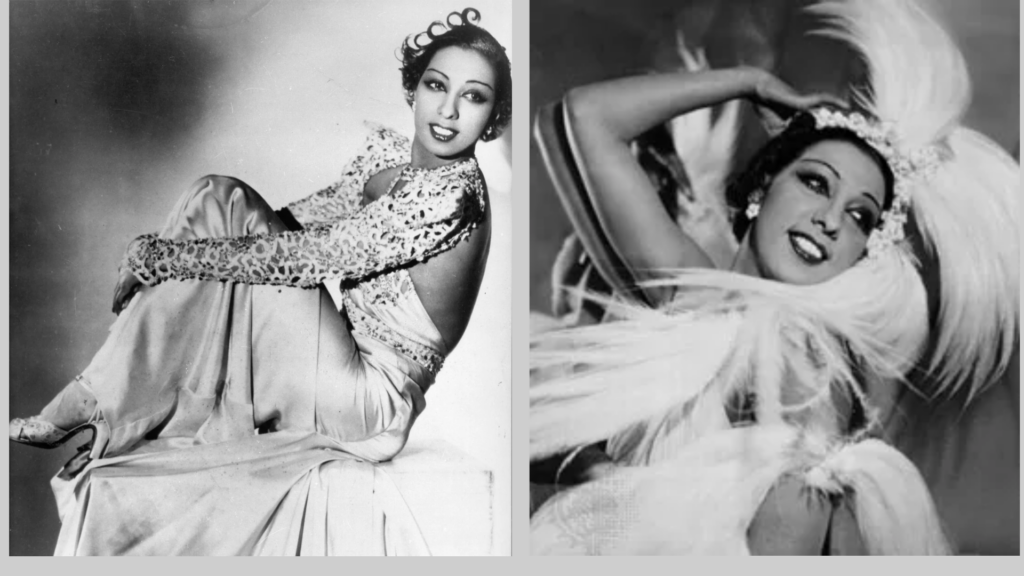
As a show-stopping figure of the Jazz Age, she achieved great success as a performer in 1920s Europe. After touring the U.S., she found cultural acceptance and respect as a dancer in Paris. Baker was famous for her revealing costumes and gained sudden fame after performing in a skirt made of 16 bananas during her dance La Folie du Jour.
Robyn Rihanna Fenty
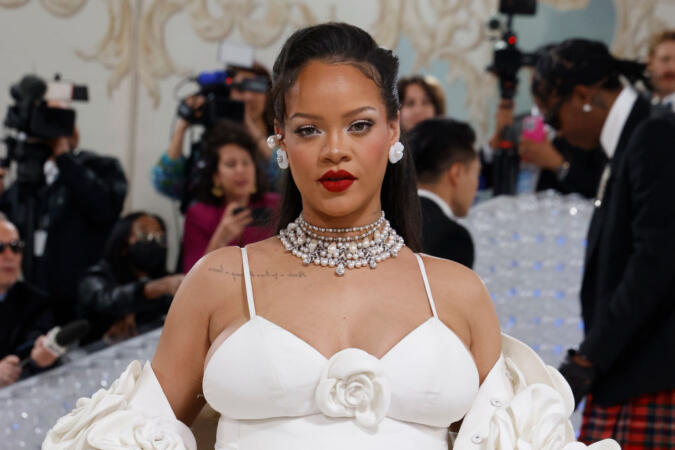
What would this list of Black beauty icons be without the queen herself? As a globally acclaimed Black beauty icon, she has made her mark in the beauty business with none other than Fenty Beauty. She built a brand that has revolutionized makeup inclusivity. The fact that she debuted her line with an impressive 40 shades of foundation (and later adding 10 more), and is now talking hair, Fenty Beauty has reshaped and established a new standard for diversity in cosmetics. Now she has made a strong influence to inspire other brands to follow suit and make beauty products accessible to every and anyone.
Grace Jones
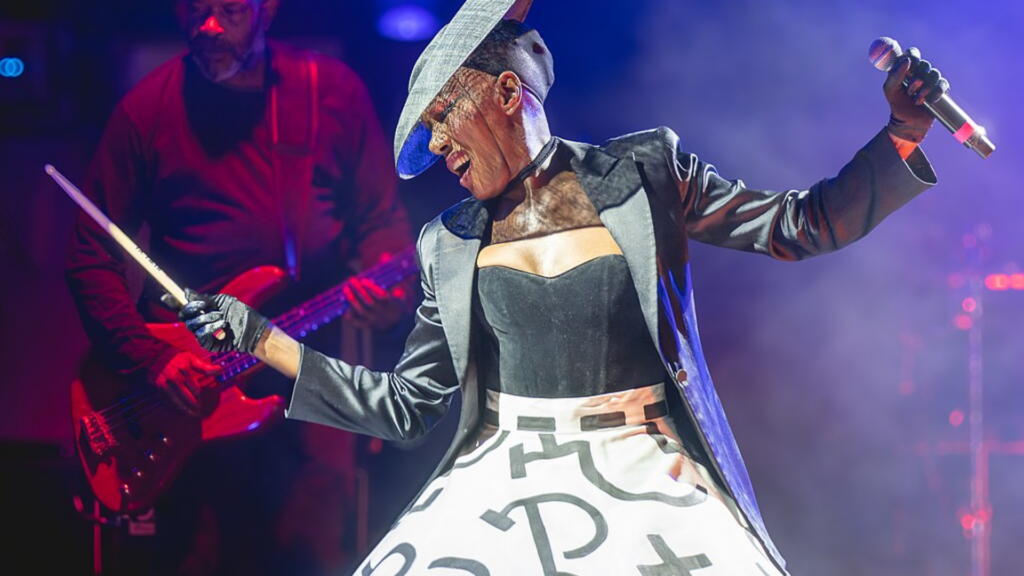
An iconic actress, supermodel and Billboard-topping singer from Jamaica, she made a name for herself in the ’80s and ’90s with her distinctive flat top hairstyle and bold, arched eyebrows. She was ahead of her time in creating sculpted facial looks, even before the black beauty icons and brands we have today. Jones embraced androgynous beauty by playing with vibrant lip colors, plenty of blush and confidently sported either a shaved head or a short, close-cropped hairstyle.
Disparities in the Black Beauty Industry
The experience of Black individuals within the beauty industry is significantly more frustrating compared to their non-Black counterparts, and it is filled with numerous challenges. Information from Allied Market Research and McKinsey & Company highlight some of those disparities:
- Black-owned brands account for only 2.5% of the revenue generated in the beauty industry. However, Black consumers contribute up to 11.1% of total beauty spending.
- Black consumers are three times more likely than non-Black consumers to express dissatisfaction with the available options for hair care, skin care and makeup.
- Black consumers tend to have a preference for Black beauty brands and believe that products from these brands will work best for them. Surprisingly, only 4% to 7% of beauty brands carried by specialty beauty stores, drugstores, grocery stores and department stores are Black-owned.
- The representation of Black individuals within the beauty industry workforce is significantly low. From entry-level positions to the C-suite and across retailers and beauty houses, only 4% to 5% of all employees in the U.S. beauty industry are Black.
- Black-owned beauty brands receive considerably less venture capital funding, with a median of $13 million compared to the $20 million raised by non-Black brands. However, these Black-owned brands have been able to achieve a median revenue that is 89 times higher than that of non-Black beauty brands over the same period.
It is evident that addressing racial inequity in the beauty industry presents a substantial opportunity worth $2.6 billion. By better serving Black consumers and providing support to Black-owned beauty brands, we can work toward achieving greater equity throughout the entire beauty industry. This will benefit not only shoppers and entrepreneurs but also large beauty houses, retailers and investors.
Celebrating Black Beauty Icons
The increased representation of Black beauty icons has the potential to drive systemic change within the beauty industry. As consumers demand more diversity and inclusive marketing, brands are being forced to reevaluate their practices and ensure that they are truly representative of the diverse range of consumers they serve.